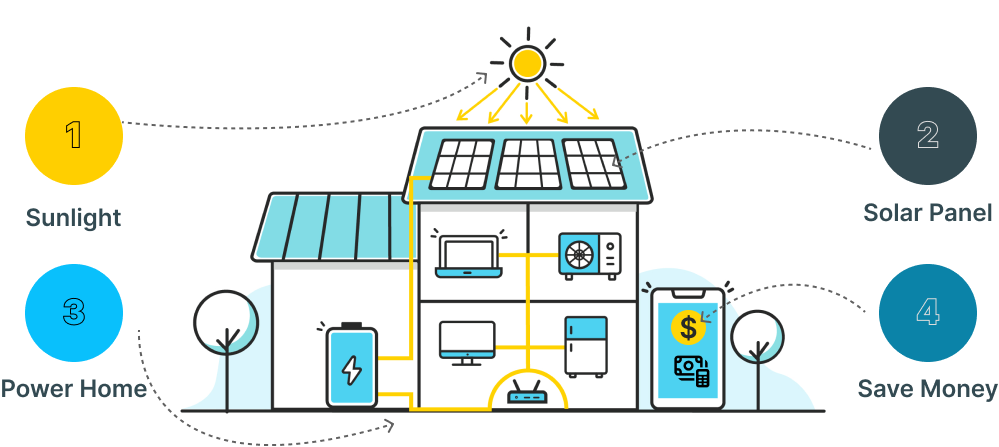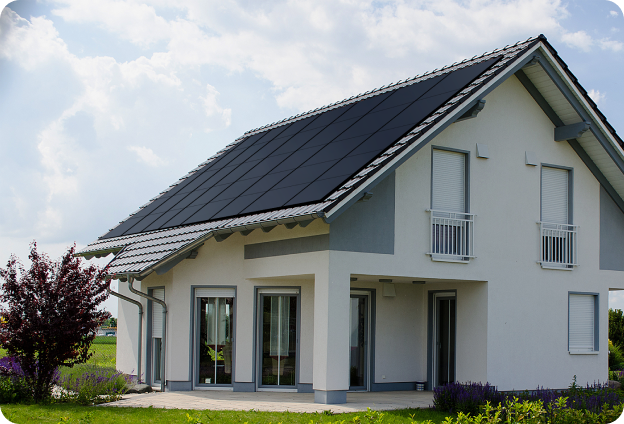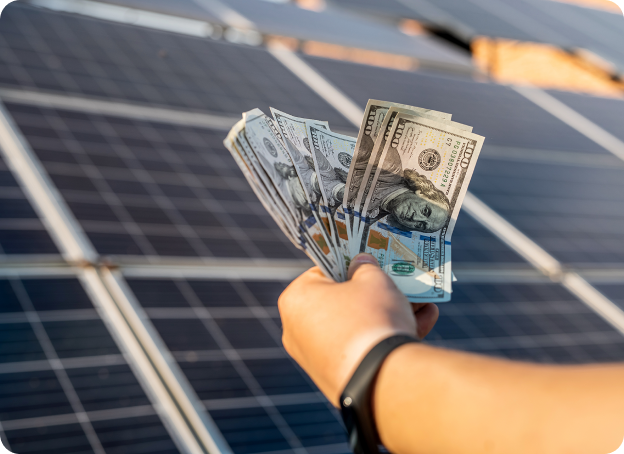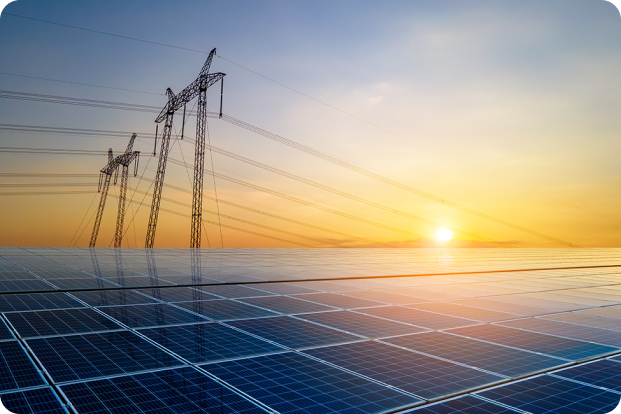Go Solar with the Premier Solar Provider In Las Nevada
Catalyst Solar changes the way homeowner buy and install solar.
Save Money By Using Solar Energy
Accurate Data
Take all the guess work out of the process and find a professional to depend on for any of your solar panel questions. From quotes, expected savings, turn around time, and so much more, a member of our team is ready to help
Save Money
White Glove Service
How Solar Works

Nevada
Rebates, tax credits and other solar incentives available

Renewable Portfolio Standard
Nevada’s renewable portfolio standard (RPS) was recently revamped to require utilities to derive 50% of their energy from renewable sources by 2030.
Under Nevada’s previous RPS, a certain percentage of a utility’s energy had to be derived from solar systems in what was known as a “solar carve out”. In order for utilities to meet this standard, they could purchase what were known as portfolio energy credits (PECs), which represent the environmental attributes of 1 kWh of electricity that is produced from renewable sources.
Net Metering in Nevada
In 2017, Nevada instituted a new net metering policy that established 4 different rate tiers dictating which rates customers received.
It was based on a decreasing percentage of the retail rate of power over time as each benchmark is met. For instance, you decided to install solar while the net metering program was in Tier 2. You receive a credit that equals 88% of the retail price of electricity for each excess kilowatt-hour (kWh) of energy you export to the utility’s grid. You will receive that rate for 20 years.


No Time Better Than Now For Solar In Nevada
Your neighbor then decided to go solar after hearing about how much you reduced your monthly electric bill. By the time he installed, the net metering program was moved into Tier 3.
This means your neighbor will receive a credit that equals 81% of the retail price of electricity for each excess kWh of energy he exports to the utility’s grid. He will receive that rate for 20 years.
Updates To Nevada's Renewable Portfolio Standard
Investor owned utility companies in Florida are required by the Florida Public Service Commission, also known as FPSC, to offer full 1-to-1 net metering to their customers. What does that mean? Florida law requires utilities to give you the full retail value for each unit of solar power you generate.
For example, if you generate more solar power than what you use, that excess power generated is exported to the grid. For each kilowatt hour (kWh) of energy you send to the grid, the utility is required to give you the full retail value of each kWh.

Frequently Asked Questions
1.What are the financial benefits of solar energy?
When you install a solar energy system on your property, you save money on your electricity bills and protect yourself against rising electricity rates in the future. How much you can save depends on the utility rates and solar policies in your area, but going solar is a smart investment regardless of where you live.
2.What are the environmental benefits of solar energy?
Solar power, like other renewable energy resources, has many environmental and health benefits. Going solar reduces greenhouse gas emissions, which contribute to climate change, and also results in fewer air pollutants like sulfur dioxide and particulate matter, which can cause health problems.
3.What is net metering?
Net metering is the system that utilities use to credit solar energy system owners for the electricity produced by their solar panels. With net metering, you only pay for the electricity that you use beyond what your solar panels can generate. Net metering policies differ from state to state – from Massachusetts to California – so make sure to do your homework ahead of time.
4.Do my solar panels produce power when the sun isn’t shining?
The amount of power your solar energy system can generate is dependent on sunlight. As a result, your solar panels will produce slightly less energy when the weather is cloudy, and no energy at night. However, because of high electricity costs and financial incentives, solar is a smart decision even if you live in a cloudy city.
5.Will I still receive an electric bill if I have solar panels?
Unless your solar energy system includes battery storage and you are fully off the grid, you will still receive a bill from your utility. However, you can dramatically reduce your bill, or even cut the amount you owe to $0, with a solar panel system that matches your energy use.
6.How much will solar panel maintenance cost?
Solar panel systems are made of durable tempered glass and require little to no maintenance for the 25 to 35 years that they will generate power. In most cases, you don’t even need to clean your solar panels regularly. If something does happen, most equipment manufacturers include warranties, although warranty terms depend on the company.
7.Can I afford to go solar?
8.What solar energy rebates and incentives are available?
Yes! I want solar panels
FLORIDA RESIDENTS SAVING MONEY
See What Others Have Said About Their Experience!

Austin Wion
Orange County Resident, Florida

Kathy Wells
Orange County Resident, Florida
